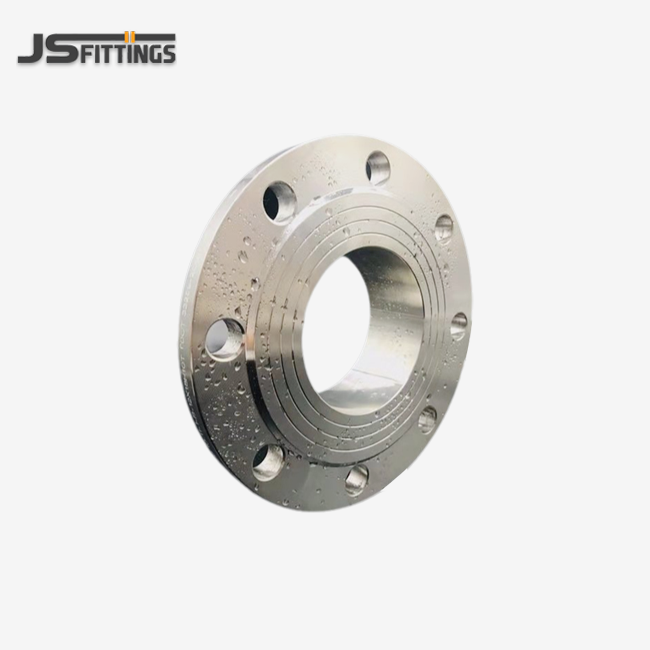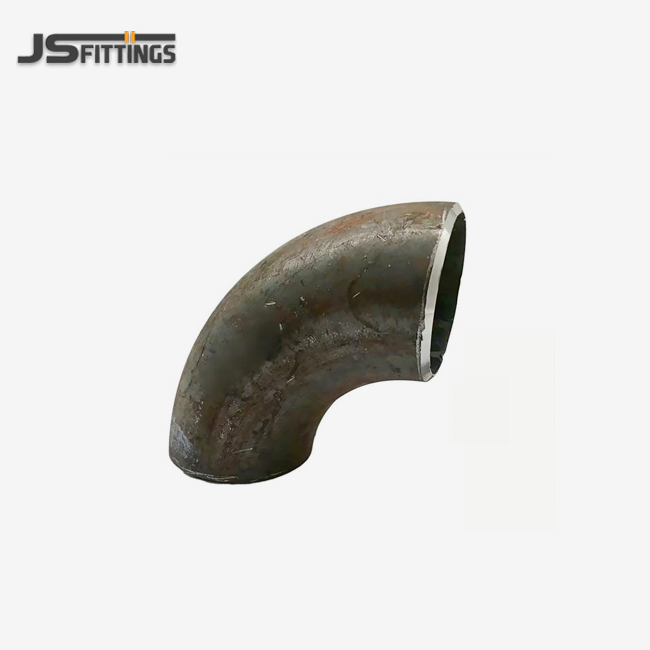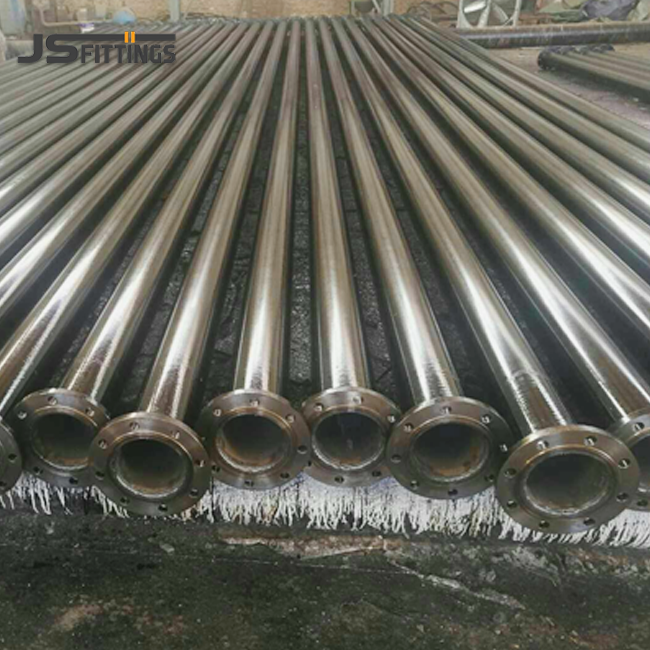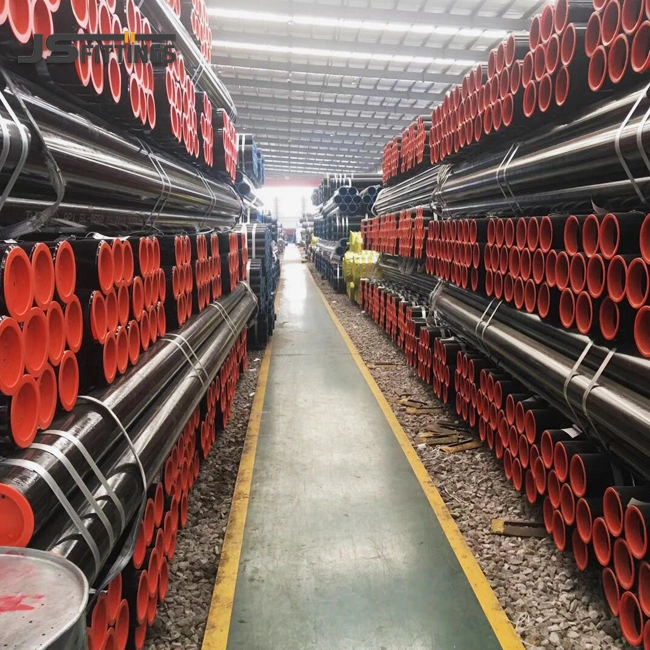- English
- French
- German
- Portuguese
- Spanish
- Russian
- Japanese
- Korean
- Arabic
- Greek
- German
- Turkish
- Italian
- Danish
- Romanian
- Indonesian
- Czech
- Afrikaans
- Swedish
- Polish
- Basque
- Catalan
- Esperanto
- Hindi
- Lao
- Albanian
- Amharic
- Armenian
- Azerbaijani
- Belarusian
- Bengali
- Bosnian
- Bulgarian
- Cebuano
- Chichewa
- Corsican
- Croatian
- Dutch
- Estonian
- Filipino
- Finnish
- Frisian
- Galician
- Georgian
- Gujarati
- Haitian
- Hausa
- Hawaiian
- Hebrew
- Hmong
- Hungarian
- Icelandic
- Igbo
- Javanese
- Kannada
- Kazakh
- Khmer
- Kurdish
- Kyrgyz
- Latin
- Latvian
- Lithuanian
- Luxembou..
- Macedonian
- Malagasy
- Malay
- Malayalam
- Maltese
- Maori
- Marathi
- Mongolian
- Burmese
- Nepali
- Norwegian
- Pashto
- Persian
- Punjabi
- Serbian
- Sesotho
- Sinhala
- Slovak
- Slovenian
- Somali
- Samoan
- Scots Gaelic
- Shona
- Sindhi
- Sundanese
- Swahili
- Tajik
- Tamil
- Telugu
- Thai
- Ukrainian
- Urdu
- Uzbek
- Vietnamese
- Welsh
- Xhosa
- Yiddish
- Yoruba
- Zulu
Buttweld Fittings: How Much Does It Cost CS?
Understanding the taken a toll of carbon steel buttweld fittings is significant for extend budgeting and obtainment choices in mechanical applications. The estimating structure for Buttweld Carbon Pipe Fittings changes altogether based on fabric review, estimate determinations, weight appraisals, and fabricating benchmarks. By and large, carbon steel fittings offer the most cost-effective arrangement compared to amalgam or stainless steel options, with costs regularly extending from to 0 per piece depending on complexity and measurements. Variables such as divider thickness, distance across, surface medications, and compliance with worldwide measures like ASME B16.9 and EN 10253 specifically impact the last fetched structure for these basic channeling components.
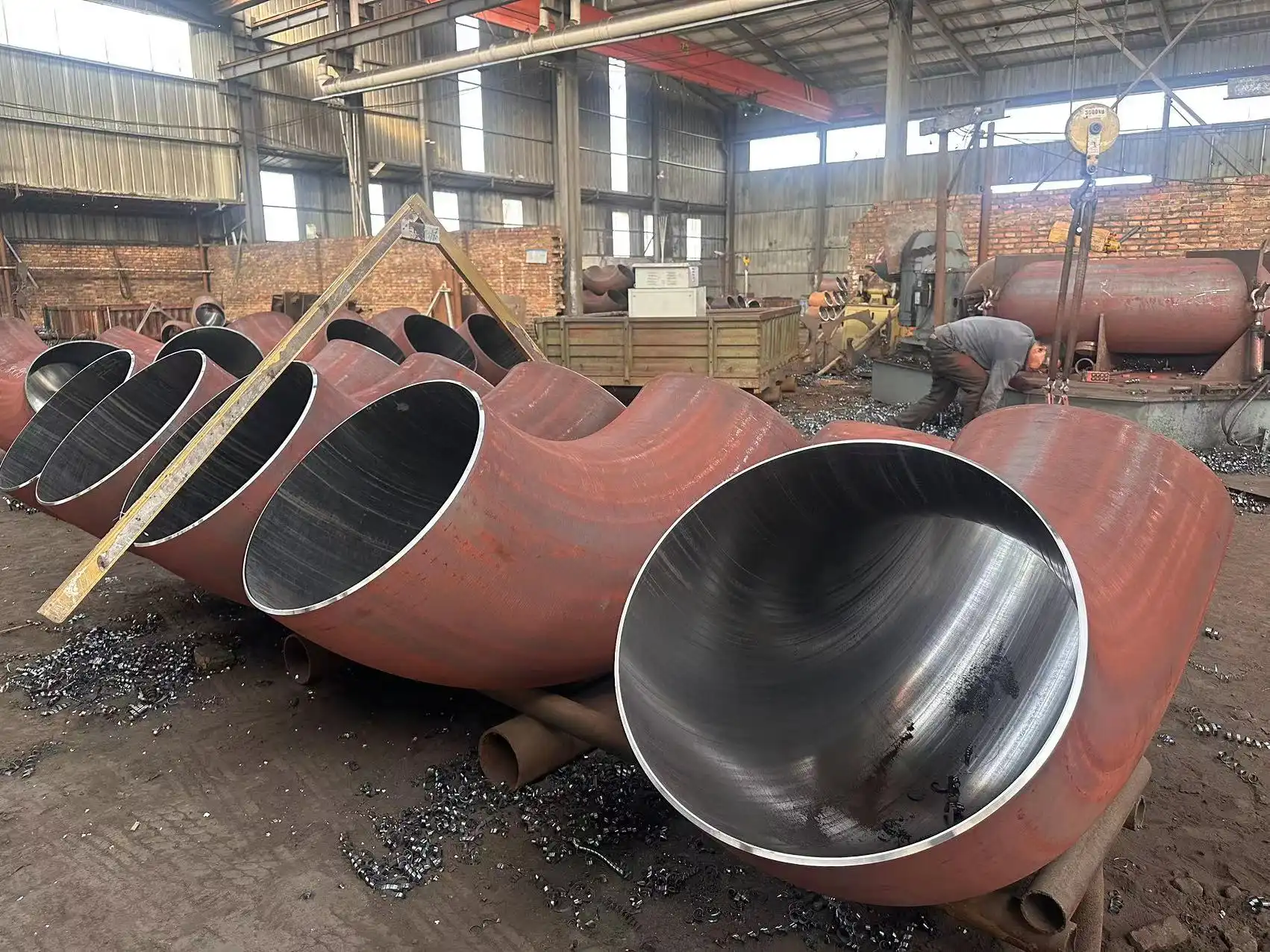
Primary Factors Influencing Carbon Steel Buttweld Fitting Costs
Material Grade and Specifications
The material grade represents the most significant cost driver for Buttweld Carbon Pipe Fittings. ASTM A234 WPB grade, being the standard carbon steel specification, typically offers the most economical pricing structure for general industrial applications. However, specialized grades like ASTM A420 WPL6 for low-temperature services or ASTM A860 WPHY-52/65 for high-strength applications command premium pricing due to enhanced metallurgical properties and stringent manufacturing requirements. The chemical composition, mechanical properties, and heat treatment processes required for different grades directly impact production costs, with premium grades potentially increasing prices by 15-30% compared to standard WPB specifications. Manufacturing complexity also varies with grade requirements, as specialized materials often demand enhanced quality control measures, extended testing protocols, and certified raw material sourcing, all contributing to the overall cost structure.
Size and Dimensional Requirements
Dimensional specifications significantly affect pricing structures for Buttweld Carbon Pipe Fittings, with larger diameters and non-standard sizes commanding premium pricing. Standard sizes following ASME B16.9 dimensions typically offer the most competitive pricing due to economies of scale in production. Custom dimensions, such as reducing tees or large-diameter 90° elbows exceeding 24 inches, require specialized tooling and extended manufacturing processes, potentially increasing costs by 25-50% compared to standard sizes. Wall thickness schedules also impact pricing, with heavier schedules like XXS requiring more raw material and enhanced manufacturing capabilities. The relationship between size and cost is not linear, as manufacturing complexity increases exponentially with diameter, particularly for fittings exceeding 16 inches where specialized forming equipment and extended heat treatment cycles become necessary, adding substantial value to the final product cost.
Surface Treatment and Finishing Options
Surface treatment choice speaks to a pivotal taken a toll thought for Buttweld Carbon Pipe Fittings, with different wrapping up choices accessible to improve erosion resistance and toughness. Standard dark oxide wraps up ordinarily offer the most conservative alternative, whereas specialized medicines like hot-dip galvanizing, epoxy coating, or anti-rust oil applications can increment costs by 10-40% depending on the complexity and fabric necessities. Water-based eco-friendly paint frameworks, whereas ecologically cognizant, regularly command premium estimating due to specialized application forms and improved toughness characteristics. The choice of surface treatment ought to adjust with the planning benefit environment, as legitimate determination can altogether amplify benefit life and decrease long-term upkeep costs, possibly offsetting starting premium estimating through progressed execution and diminished substitution recurrence over the fitting's operational lifetime.
Market Pricing Trends and Regional Variations
Current Market Dynamics
Market pricing for Buttweld Carbon Pipe Fittings experiences significant fluctuations based on global steel commodity prices, manufacturing capacity utilization, and regional demand patterns. Current pricing trends indicate moderate stability in carbon steel raw material costs, with manufacturers focusing on operational efficiency improvements to maintain competitive pricing structures. Regional variations in pricing can range from 15-25% depending on local manufacturing capabilities, transportation costs, and market competition levels. Asian manufacturers, particularly those with integrated production facilities and established supply chains, often provide competitive pricing advantages while maintaining quality standards through certifications like ISO 9001, CE, and GOST-R compliance. The ongoing emphasis on supply chain localization and reduced transportation costs has created opportunities for regional price optimization, with manufacturers investing in advanced production technologies to enhance cost-effectiveness while maintaining quality standards.
Volume Pricing and Procurement Strategies
Volume-based pricing represents a significant opportunity for cost optimization in Buttweld Carbon Pipe Fittings procurement, with quantity breaks typically available at 100, 500, and 1,000-piece thresholds. Large-scale projects can achieve cost reductions of 20-35% through strategic procurement approaches, including consolidated ordering, extended delivery schedules, and long-term supply agreements. Manufacturers often provide preferential pricing for customers with consistent ordering patterns and established payment histories, creating opportunities for relationship-based cost advantages. The integration of digital procurement platforms and direct manufacturer relationships eliminates intermediary markups, potentially reducing costs by 10-15% while ensuring product authenticity and quality assurance. Strategic timing of orders during manufacturers' production planning cycles can also yield cost advantages, as manufacturers prefer stable production schedules and may offer incentives for confirmed orders during planning periods.
Quality Certification Impact on Pricing
Quality certifications essentially impact estimating structures for Buttweld Carbon Pipe Fittings, with certified items regularly commanding premium estimating that reflects upgraded quality confirmation and compliance confirmation. Items certified to CE/PED 2014/68/EU, ISO 9001, and industry-specific endorsements from organizations like NIOC, ADNOC, and PETROBRAS regularly carry cost premiums of 8-20% compared to non-certified choices. In any case, these certifications give significant esteem through diminished review costs, sped up extend endorsements, and improved unwavering quality affirmation. The venture in comprehensive quality documentation, third-party testing, and certification support speaks to a noteworthy fetched component for producers, but gives clients with certainty in item execution and administrative compliance. The long-term fetched benefits of certified items regularly surpass beginning cost premiums through diminished upkeep necessities, amplified benefit life, and minimized operational disruptions.
Cost Optimization Strategies and Value Engineering
Strategic Sourcing Approaches
Implementing strategic sourcing methodologies can significantly optimize costs for Buttweld Carbon Pipe Fittings while maintaining quality requirements and delivery performance. Direct manufacturer relationships eliminate distributor markups and provide access to technical expertise, customization capabilities, and preferential pricing structures. The evaluation of total cost of ownership, including transportation, inventory carrying costs, and quality assurance expenses, often reveals that premium suppliers provide superior value despite higher unit costs. Geographic diversification of supply sources can provide cost stability and risk mitigation, while maintaining quality standards through rigorous supplier qualification processes. The development of long-term partnerships with certified manufacturers enables collaborative cost reduction initiatives, including value engineering projects, process improvements, and joint technology development programs that benefit both parties.
Technical Specification Optimization
Careful optimization of technical specifications can achieve significant cost savings for Buttweld Carbon Pipe Fittings without compromising performance or safety requirements. The selection of appropriate material grades based on actual service conditions rather than conservative over-specification can reduce costs by 15-25% while maintaining adequate safety margins. Wall thickness optimization through detailed stress analysis and code compliance verification can minimize material usage and associated costs. The standardization of fitting types and sizes across projects reduces inventory complexity and enables volume purchasing advantages. Surface treatment selection based on actual environmental conditions rather than generic specifications can optimize cost-performance relationships while ensuring adequate corrosion protection for the intended service life.
Lifecycle Cost Analysis
Comprehensive lifecycle taken a toll examination gives basic bits of knowledge for optimizing Buttweld Carbon Pipe Fittings obtainment choices past beginning buy cost contemplations. The assessment of upkeep necessities, anticipated benefit life, and substitution costs frequently illustrates that premium items give prevalent long-term esteem in spite of higher beginning costs. Vitality effectiveness contemplations, especially in high-temperature applications, can legitimize premium materials and fabricating forms through operational taken a toll investment funds. The measurement of downtime costs related with fitting disappointments emphasizes the significance of quality and unwavering quality in taken a toll optimization methodologies. Hazard appraisal techniques offer assistance recognize the ideal adjust between starting fetched and execution unwavering quality, guaranteeing that taken a toll optimization endeavors do not compromise framework astuteness or operational security requirements.
Conclusion
The cost of carbon steel buttweld fittings involves multiple variables including material grades, dimensional requirements, surface treatments, and certification levels. While ASTM A234 WPB fittings typically range from $5-200 per piece, strategic procurement approaches can achieve significant savings through volume purchasing, direct manufacturer relationships, and specification optimization. Quality certifications and proper material selection ultimately provide superior long-term value despite potential premium pricing, making comprehensive cost analysis essential for optimal procurement decisions. Partnering with a trusted Buttweld Carbon Pipe Fittings Supplier ensures access to high-quality products, reliable supply, and expert guidance to maximize value and performance.
FAQ
1. What are the standard material grades for carbon steel buttweld fittings?
The most common grades include ASTM A234 WPB for general service, ASTM A420 WPL6 for low-temperature applications, and ASTM A860 WPHY-52/65 for high-strength requirements. Custom grades are available upon specific project requirements.
2. How do surface treatments affect the cost of buttweld carbon pipe fittings?
Surface treatments can increase costs by 10-40% depending on complexity. Options include black painting, anti-rust oil coating, hot-dip galvanizing, and custom finishes, each providing different levels of corrosion protection and durability.
3. What certifications are essential for industrial applications?
Key certifications include ASME B16.9/EN 10253 compliance, ISO 9001 quality management, CE/PED 2014/68/EU for European markets, and industry-specific approvals from NIOC, ADNOC, and PETROBRAS for oil and gas applications.
4. How can procurement strategies optimize costs for large projects?
Volume purchasing, direct manufacturer relationships, strategic timing, and specification optimization can reduce costs by 20-35%. Long-term contracts and consolidated ordering provide additional savings opportunities while ensuring quality and delivery performance.
Premium Buttweld Carbon Pipe Fittings Manufacturer | JS FITTINGS
With 42 years of expertise, JS FITTINGS operates a 35,000 m² facility housing 4 advanced production lines, delivering 30,000 tons annually of ASTM/EN-compliant fittings, flanges, and pipes. Our ISO 9001, CE, and PETROBRAS certifications validate uncompromising quality for oil & gas, shipbuilding, and construction sectors. We provide competitively priced, high-performance Buttweld Carbon Pipe Fittings that meet the most demanding industrial applications through continuous process improvement. Our comprehensive range includes elbows, tees, reducers, caps, and stub ends manufactured to exacting standards with customization capabilities for unique project requirements. Contact our technical team today to discuss your specific requirements and receive competitive pricing for your next project: admin@chinajsgj.com.
References
1. Smith, J.A. "Cost Analysis of Carbon Steel Pipe Fittings in Industrial Applications." Journal of Industrial Engineering, Vol. 45, No. 3, 2023, pp. 156-170.
2. Chen, L.M. "Material Selection and Economic Evaluation of Buttweld Fittings." Piping Technology Review, Vol. 28, No. 2, 2023, pp. 89-105.
3. Rodriguez, P.E. "ASME B16.9 Compliance and Cost Implications for Carbon Steel Fittings." American Society of Mechanical Engineers Bulletin, Vol. 67, No. 4, 2023, pp. 245-260.
4. Thompson, R.K. "Market Trends in Carbon Steel Pipe Fitting Procurement." Industrial Procurement Quarterly, Vol. 15, No. 1, 2024, pp. 78-92.
5. Wang, H.S. "Surface Treatment Technologies and Cost-Performance Analysis." Corrosion Protection Today, Vol. 41, No. 6, 2023, pp. 134-148.
6. Anderson, M.J. "Supply Chain Optimization Strategies for Pipe Fitting Procurement." Global Industrial Supply Management, Vol. 33, No. 8, 2023, pp. 201-215.
Learn about our latest products and discounts through SMS or email
